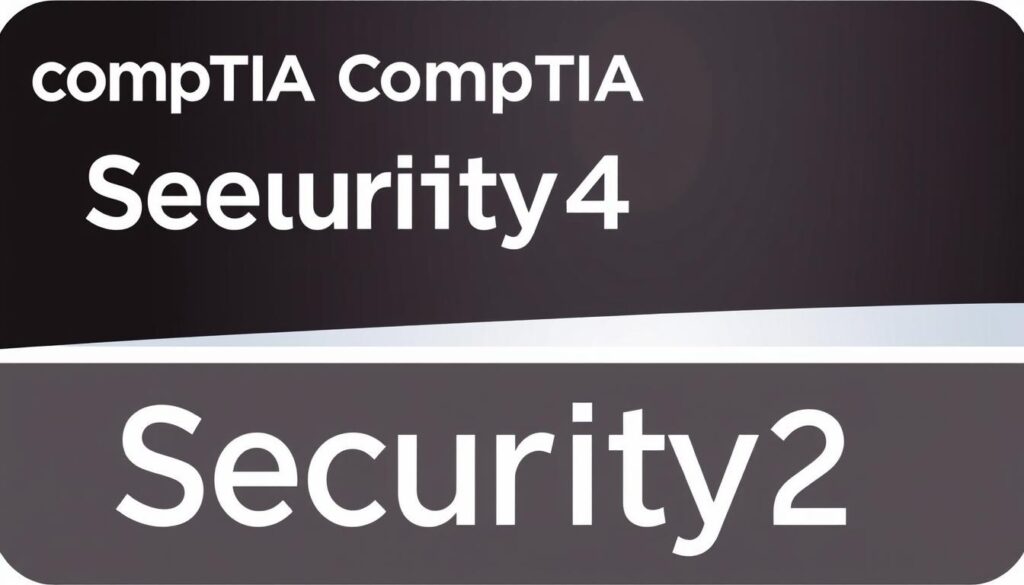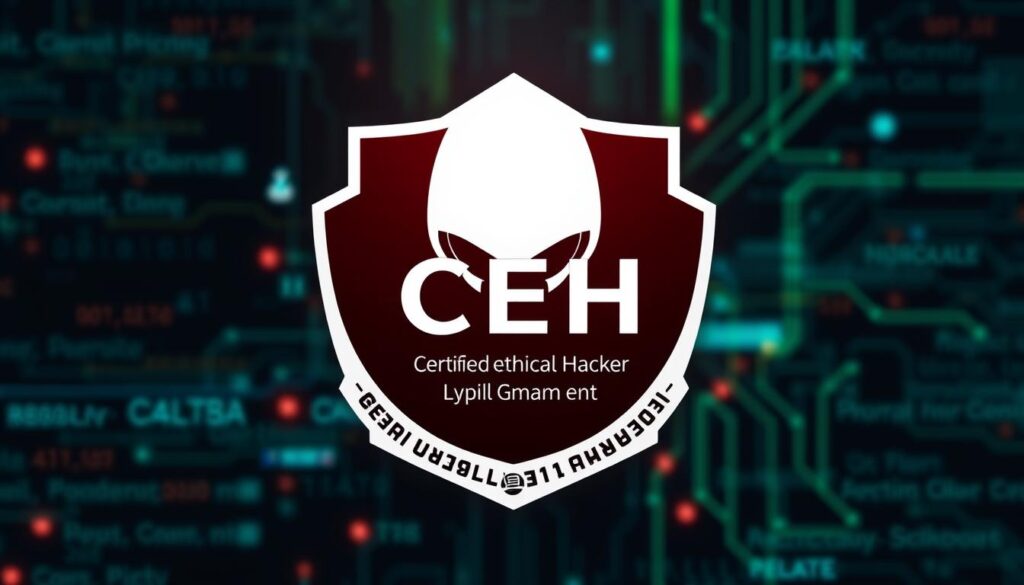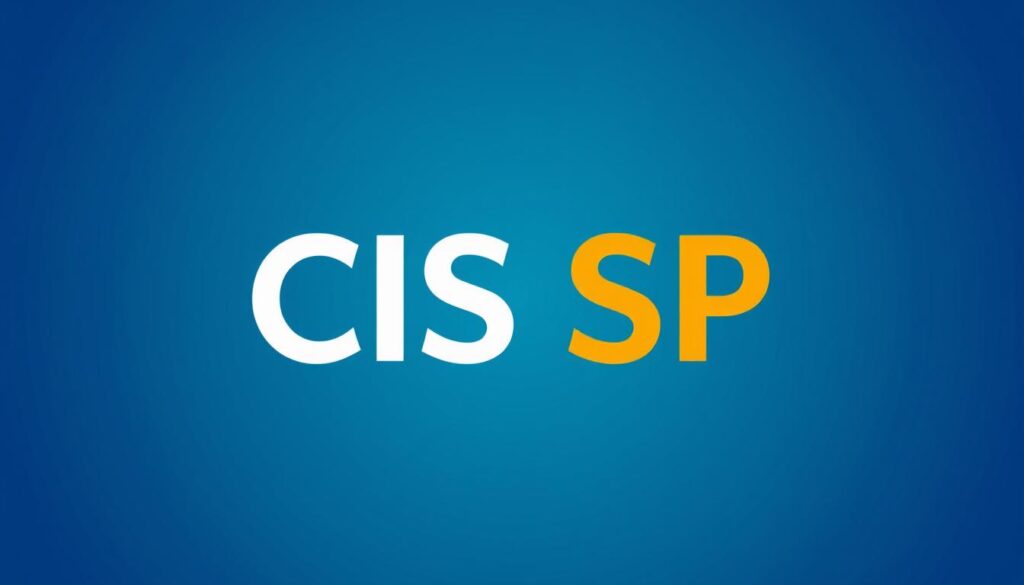Cyber threats continue to rise in complexity and frequency, and the demand for skilled cybersecurity professionals is at an all-time high.
For students passionate about technology and security, pursuing cyber security courses after 12th grade offers a unique opportunity to enter this critical field early.
With a wide range of courses available—from certificates and diplomas to advanced degrees—students can gain essential skills in areas like ethical hacking, network security, and digital forensics, setting them up for a successful career.
Key Takeaways For Cyber Security :
- Starting a cybersecurity career early can give you a significant advantage.
- The demand for cybersecurity professionals is increasing rapidly.
- Various courses are available for 12th pass students.
- Cybersecurity is a future-proof career option with excellent growth potential.
- Essential skills developed through cybersecurity education remain relevant.
The Rising Importance of Cybersecurity Education
The rapidly evolving cyber threat landscape has made cybersecurity education a top priority for individuals and organizations alike. As a result, cybersecurity has become a critical field that requires skilled professionals to protect against increasingly sophisticated threats.
For young students, pursuing cyber security courses after 12th grade offers a unique opportunity to gain a head start in this essential field. Early specialization in cybersecurity equips you with vital skills to counteract cyber threats and prepares you for a promising career in a sector experiencing significant growth and demand for qualified experts.
Growing Cyber Threats in the Digital Age
The digital age has seen a surge in cyber threats, making cybersecurity education more important than ever. Cyberattacks are becoming more frequent and sophisticated, targeting individuals, businesses, and governments worldwide. This growing threat landscape necessitates a robust response, with cybersecurity professionals playing a crucial role in safeguarding digital assets.
Benefits of Early Specialization in Cybersecurity
Early specialization in cybersecurity allows you to build a strong foundation in core security concepts and technical skills. By starting your cybersecurity education early, you can gain a competitive advantage in the job market and set yourself up for long-term success in this rapidly evolving field. Some key benefits include:
- Gaining a head start in developing vital skills to counteract cyber threats.
- Building a stronger foundation in core security concepts and technical skills.
- Advancing more quickly to senior positions due to extended experience in the field.
Why Consider Cyber Security Courses After 12th?
In today’s digital landscape, considering cybersecurity courses after 12th is a forward-thinking approach. As technology advances, the demand for cybersecurity professionals continues to grow, making it an attractive career option for students.
Cybersecurity is a field that offers numerous benefits, including early career advantages and future-proof career paths with competitive salaries. By entering this field early, you can gain a competitive edge and set yourself up for long-term success.
Early Career Advantage in a High-Demand Field
Starting your cybersecurity journey early can give you a significant advantage in the job market. You’ll have the opportunity to gain relevant skills and experience, making you a more attractive candidate for potential employers. Some key benefits include:
- Gaining a head start in acquiring in-demand skills
- Enhancing your job prospects in a rapidly growing field
- Developing a strong foundation for future career growth
Future-Proof Career Path with Competitive Salaries
Cybersecurity is considered a future-proof career path, with organizations prioritizing security budgets even during financial downturns. Web security specialists, for instance, earn attractive salaries, with an estimated total pay of ₹12,12,500 per year in India. By pursuing cybersecurity courses after 12th, you can position yourself for a lucrative and rewarding career. For more information on top cybersecurity courses, you can visit top cybersecurity courses after 12th.
Types of Cybersecurity Courses Available After 12th
As you explore cybersecurity courses after 12th grade, you’ll find various options tailored to different career goals and learning preferences. The field of cybersecurity is vast and offers multiple educational pathways. You can choose from certificate programs, diploma courses, and undergraduate degree programs, each designed to equip you with the necessary skills and knowledge.
Certificate Programs for Quick Skill Development
Certificate programs in cybersecurity are ideal for those looking to acquire specific skills quickly. These programs are usually short-term and focus on practical skills that are immediately applicable in the industry. You’ll gain hands-on experience in areas like network security, ethical hacking, and cryptography.
Diploma Courses for Comprehensive Learning
Diploma courses offer a more comprehensive education in cybersecurity compared to certificate programs. They cover a broader range of topics and provide a deeper understanding of cybersecurity principles and practices. These courses are suitable for those who want to gain a solid foundation in cybersecurity.
Undergraduate Degree Programs in Cybersecurity
Undergraduate degree programs in cybersecurity provide the most comprehensive education, combining technical skills with theoretical foundations and broader IT knowledge. These 3-4 year programs include courses in computer science, mathematics, and specialized cybersecurity subjects. You’ll also have opportunities for internships and networking with industry professionals, setting you up for a successful career in cybersecurity.
Top Certificate Programs in Cybersecurity
Top certifications in cybersecurity can open doors to new career opportunities and higher salaries. As you consider advancing your career in this field, it’s essential to choose the right certification that aligns with your goals and interests.
CompTIA Security+ Certification (SY0-701)
The CompTIA Security+ certification is a widely recognized credential that covers a broad range of security topics, including risk management, vulnerabilities, and data protection. This certification is ideal for those who are new to cybersecurity or looking to transition into a security role.

Certified Ethical Hacking (CEH) Course
The Certified Ethical Hacking (CEH) course is designed for professionals who want to stay one step ahead of cyber threats. This certification covers various hacking techniques, including network security, cryptography, and web application security.

Certified Information Systems Security Professional (CISSP)
The CISSP certification is a globally recognized qualification for information security professionals. It covers critical topics such as access control, security architecture, and risk management. The CISSP certification is popular globally and assists professionals in learning security management, risk management, and protecting systems.
- You’ll discover why CISSP is considered the gold standard certification for information security professionals, covering eight domains of cybersecurity knowledge.
- We’ll explore how this advanced certification focuses on security management rather than just technical skills, preparing you for leadership roles.
- You’ll learn about the certification’s requirements, including the five years of professional experience (which can be partially waived with education).
- We’ll discuss why many organizations require CISSP certification for senior security positions and how it can significantly increase your earning potential.
- You’ll understand how this certification, while advanced, can be a long-term goal for students starting their cybersecurity journey after 12th grade.
- We’ll explain how early exposure to CISSP concepts can help shape your educational and career path in cybersecurity.

Undergraduate and Advanced Degree Options

The field of cybersecurity offers a variety of undergraduate and advanced degree programs designed to equip you with the necessary skills and knowledge. As you consider furthering your education in this field, you’ll find that these programs are tailored to meet the growing demand for skilled cybersecurity professionals.
Bachelor’s Degrees in Cybersecurity and Related Fields
Bachelor’s degree programs in cybersecurity and related fields provide a comprehensive foundation in computer systems, network security, and ethical hacking. These programs typically cover a broad range of topics, including cryptography, threat analysis, and security protocols. By pursuing a bachelor’s degree, you’ll gain a solid understanding of cybersecurity principles and practices.
Key aspects of bachelor’s programs include:
- Hands-on experience with security tools and technologies
- Study of legal and ethical issues in cybersecurity
- Development of problem-solving and analytical skills
Integrated and Dual Degree Programs
For students interested in a fast-tracked, comprehensive education, integrated or dual degree programs combine undergraduate and postgraduate studies. Such programs allow you to fulfill both your undergraduate and master’s studies simultaneously, enabling you to complete your education more quickly and achieve advanced knowledge.
Benefits of integrated and dual degree programs include:
- Earning both bachelor’s and master’s degrees in a shortened timeframe, typically 5 years instead of 6
- A more seamless educational experience with specialized cybersecurity tracks from the beginning
- Combining cybersecurity with complementary fields like business, law, or criminal justice, creating unique career opportunities
- Access to advanced research opportunities and specialized coursework not available in standard undergraduate programs
- Significant cost savings while positioning you for advanced roles more quickly
- Enhanced mentorship and career placement services for students in these selective programs
Online Learning Platforms for Cybersecurity Education
The rise of online learning platforms has revolutionized the way you can acquire cybersecurity skills. Many online platforms, such as Simplilearn, provide certifications in collaboration with industry leaders, offering you valuable skills and credentials.
These platforms offer a range of benefits, including:
- Preparation for industry-recognized certifications that were previously only available through in-person training centers.
- Comprehensive support, including exam vouchers, practice tests, and training from experienced instructors.
- Virtual labs and simulated environments that allow you to gain hands-on experience with security tools and techniques from the comfort of your home.
Flexible Learning Options
Self-paced courses are ideal for those who need flexibility in their learning schedule. These courses allow you to learn at your own pace and according to your own schedule.
Certifications Designed by Industry Experts
Many online certification programs are designed by industry experts who understand exactly what employers are looking for in new security professionals. By completing these certifications, you can build a professional portfolio that demonstrates your skills to potential employers.
You can also stack multiple online certifications to create a personalized learning path that aligns with your specific career goals.
Essential Skills Gained Through Cybersecurity Courses
The skills you gain through cybersecurity courses are multifaceted, preparing you for the challenges of the ever-evolving cyber landscape. As a cybersecurity professional, you’ll need a combination of technical and soft skills to stay ahead of emerging threats.
Technical Skills: Network Security, Ethical Hacking, and Cryptography
Cybersecurity courses provide you with a strong foundation in technical skills, including network security, ethical hacking, and cryptography. You’ll learn how to design and implement secure network architectures, identify vulnerabilities, and develop strategies to mitigate potential threats. For instance, you’ll gain hands-on experience with ethical hacking techniques, learning how to simulate cyber attacks and strengthen your organization’s defenses. To explore more about the career path in cybersecurity, you can visit this resource that provides insights into the field.
- You’ll understand how to configure firewalls and intrusion detection systems to protect against cyber threats.
- You’ll learn about cryptographic techniques, including encryption and decryption methods, to secure data.
- You’ll gain knowledge of secure protocols and technologies that safeguard online transactions.
Soft Skills: Problem-Solving, Communication, and Continuous Learning
In addition to technical skills, cybersecurity professionals need strong soft skills, including problem-solving, communication, and continuous learning. Cybersecurity education helps you develop these skills through various coursework and projects. You’ll learn to analyze complex security challenges, develop effective solutions, and communicate technical concepts to non-technical stakeholders.
- You’ll develop problem-solving abilities by tackling real-world security scenarios and case studies.
- You’ll improve your communication skills by learning to explain technical security concepts to non-technical stakeholders and writing clear, detailed reports.
- You’ll cultivate a commitment to continuous learning, staying up-to-date with the latest threats, technologies, and industry best practices.
Career Opportunities After Completing Cybersecurity Courses
Upon completing cybersecurity courses, you’ll unlock a wide range of career opportunities in this rapidly evolving field. The demand for skilled cybersecurity professionals continues to grow, offering numerous paths for career advancement.
Entry-Level Positions for Beginners
As a beginner, you can start with entry-level positions such as Cybersecurity Analyst or Information Security Analyst. These roles involve monitoring networks for security breaches, analyzing threats, and implementing measures to protect an organization’s digital assets. You’ll work alongside experienced professionals, gaining hands-on experience and building a foundation for your future career.
Specialized Roles in Cybersecurity
As you gain experience, you can move into specialized roles like Penetration Tester, Incident Responder, or Security Consultant. These positions require specific skills and knowledge, such as ethical hacking, threat analysis, or security consulting. You can choose areas that align with your interests and strengths, allowing you to grow as a cybersecurity expert.
Growth Path to Leadership Positions
With experience, you can advance to leadership roles like Security Manager or Chief Information Security Officer (CISO). As a Security Manager, you’ll oversee teams of security analysts and engineers, while a CISO is responsible for an organization’s overall cybersecurity strategy. Other leadership paths include Security Director, where you’ll develop and implement comprehensive security programs, or becoming a Security Consultant, providing expert guidance to multiple organizations.
Your career journey in cybersecurity can also lead to roles like Security Trainer or Professor, where you’ll share your expertise with the next generation. Entrepreneurial professionals can establish their own security firms or develop innovative security products and services. The field of cybersecurity offers a promising career path with opportunities for growth and advancement in various management roles.
How to Choose the Right Cybersecurity Course After 12th

Your career in cybersecurity starts with choosing the right course, and here’s how you can do it effectively. With the increasing demand for cybersecurity professionals, selecting a course that aligns with your interests and career goals is crucial. This involves evaluating several factors to ensure you gain relevant skills and knowledge.
Assessing Your Interests and Career Goals
Before diving into the numerous cybersecurity courses available, it’s essential to assess your interests and career aspirations. Consider what aspects of cybersecurity fascinate you the most – is it ethical hacking, network security, or perhaps cryptography? Understanding your interests will help you narrow down courses that are tailored to your career objectives.
To assess your career goals effectively:
- Research various roles within the cybersecurity domain to understand their responsibilities and required skills.
- Identify your strengths and weaknesses to determine which areas you need to improve or develop further.
- Consider seeking advice from professionals already working in the cybersecurity field to gain insights into their career paths.
Evaluating Course Curriculum and Industry Recognition
When evaluating cybersecurity courses, it’s vital to check if they cover current security best practices and are recognized by the industry. A comprehensive course curriculum should include the latest threats, technologies, and security measures.
To ensure a course meets these criteria:
- Review the course curriculum to verify it includes current and relevant topics.
- Check if the course is aligned with industry-recognized frameworks such as NICE or NIST.
- Look for endorsements from major security organizations or industry leaders.
Conclusion
Embarking on a cybersecurity journey after 12th grade can be a strategic move for your future. With various cyber security courses available, you can gain foundational knowledge and hands-on experience, leading to promising career paths. By starting early, you’ll have a significant advantage in this high-demand field. You’ll develop essential technical and soft skills, preparing you for various security roles. As cyber threats evolve, cybersecurity professionals will remain in high demand. Choose the right courses based on your interests and goals to secure a rewarding career in security.
